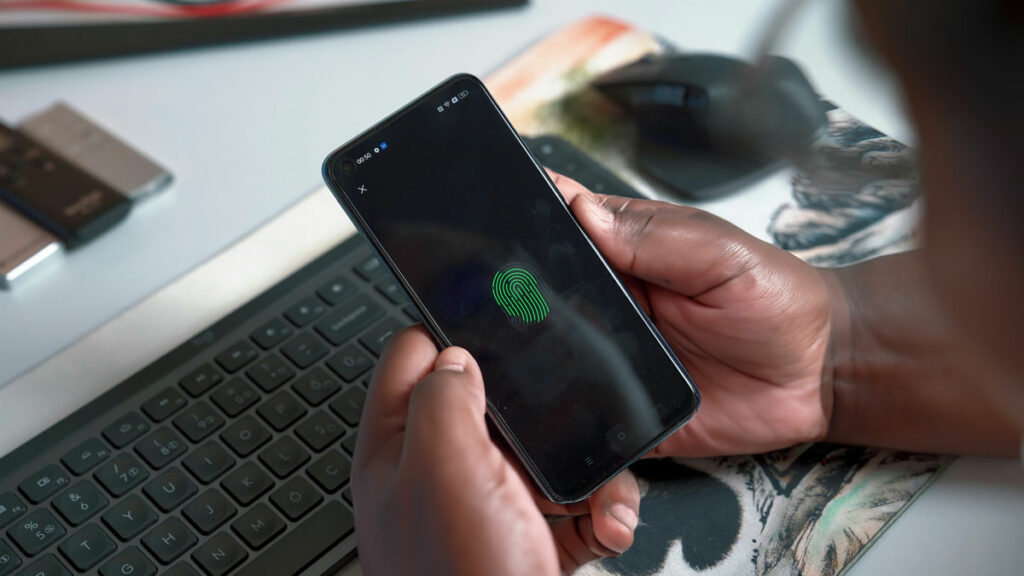
The announcement was made last July by the Prime Minister, Anatole Collinet MAKOSSO. On Tuesday 12 March 2024, the Minister of the Interior and Decentralisation, who is in charge of elections, convened a meeting of election stakeholders, political parties and associations, and representatives of civil society organisations involved in multiparty elections, to officially inform them of the announcement and request their involvement in the process of implementing biometrics for the elections on the horizon: the presidential elections in 2026 and the legislative elections in 2027.
To this end, a political dialogue will be organised to determine the contours and content of the system, which will be used to revise the electoral law, train electoral officials and raise voter awareness.
Biometrics has often been called for by the Congolese opposition, which has always contested the results of previous elections.
In fact, it has become customary for the Congolese government to organise a political dialogue on the eve of each multi-party election to guarantee the organisation and peaceful conduct of the forthcoming electoral process. On this occasion, political parties and associations, as well as civil society organisations, propose solutions for inclusive and peaceful multiparty elections.
It was during the Owando dialogue, organised in 2022, that the use of biometrics in elections was recommended by the participants.
Electoral processes in the Republic of the Congo (Brazzaville), from the first experience of multiparty pluralist elections in 1959, resumed in 1992 after a period of single-party rule, to the present day, have been a source of armed conflict and internal civil war. The bloodiest of these were in 1997, 1998, 2015 and 2016, and several opposition candidates are still in prison.
The use of biometrics in the Republic of the Congo (Brazzaville) could serve as a remedy for the ills that undermine the electoral process, including multiple voting, ballot box stuffing, the inflating of the electorate, etc.
The political will to use biometrics as a means of peacefully resolving political disputes and strengthening the credibility of multi-party elections in the Republic of the Congo (Brazzaville) should be seized as an opportunity for the international community and national and international civil society to propose actions to support the implementation of biometrics in multi-party democratic elections in the Republic of the Congo (Brazzaville).








